WORKSHOP DESCRIPTION:
In her recent book, Attachment Theory in Practice (c. 2019), Dr. Sue Johnson notes two key implications of attachment science for clinical practice. That is, “harnessing the power of emotion within the client is the most potent way to promote change” and “change is inherently interpersonal, sculpted by the emotional messages that occur in dialogue with another” (Johnson, 2019, p. 25). Recognizing that the relationship can be a key resource in healing trauma (when one or both partners is struggling with the impacts of trauma), this training will focus on how to work relationally with couples to heal the potentially pervasive and deleterious impacts of personal trauma. Relationship trauma (i.e., attachment injuries/betrayals of trust) and how to address such injuries with the Attachment Injury Resolution Model (AIRM) also will be reviewed.
With a clear roadmap and on-target interventions, EFT is an empirically validated treatment approach that meets the gold standard set out by bodies such as the American Psychological Association (APA) and has been shown to be effective in assisting couples in both addressing trauma and improving their relationship functioning. In this training, participants will gain practitioner relevant insight into assessment, case conceptualization and treatment planning and the interventions that are used to transform couples both personally and relationally, quieting the echoes of trauma, and increasing resilience to future stress and/or trauma.
In this training, you will :
learn a brief overview of the EFT model
focus on assessment, case conceptualization and treatment planning in couple therapy when one or both partners is struggling with the echoes of trauma
learn how to work with emotion with a focus on the intervention central to EFT - the Tango - with attention to pacing (both within and between sessions) and building on momentum throughout the process of therapy
be guided through the three-stage treatment process, with a focus on the three key change events (stabilization/de-escalation, withdrawer engagement and pursuer softening) and with the goal of identifying key markers within the roadmap

